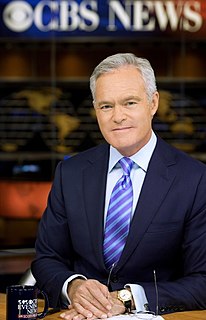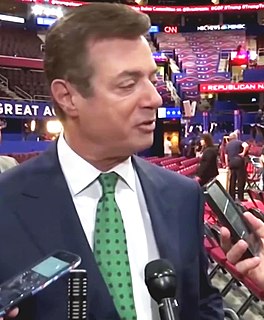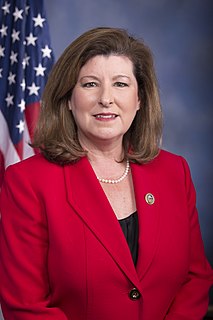A Quote by Glenn Greenwald
I personally think honestly disclosing rather than hiding ones subjective values makes for more honest and trustworthy journalism. But no journalism - from the most stylistically objective to the most brazenly opinionated - has any real value unless it is grounded in facts, evidence, and verifiable data.
Related Quotes
I personally think honestly disclosing rather than hiding one's subjective values makes for more honest and trustworthy journalism. But no journalism - from the most stylistically 'objective' to the most brazenly opinionated - has any real value unless it is grounded in facts, evidence, and verifiable data.
Anyone who does investigative journalism is not in it for the money. Investigative journalism by nature is the most work intensive kind of journalism you can take on. That's why you see less and less investigative journalism at newspapers and magazines. No matter what you're paid for it, you put in so many man-hours it's one of the least lucrative aspects of journalism you can take on.
Directing plays lacked the immediacy and connection to real world events that journalism offered; journalism lacked the drama, theatricality and subjective storytelling of theater. It wasn't until I had the idea of making a documentary film about the 1992 presidential campaign that these two passions came together in 'The War Room.'
I think everybody's talking about like facts and truth and you know like that 'We're here to fact check' and all of that, that's the base material of journalism. You cannot have journalism without facts and truth. But if facts and truth were what actually you know sort of moved people's lives and moved their decision-making like the election would have had a different outcome.
The best I can hope for is that I might provoke a water cooler argument between you and somebody else. But it is not journalism. It doesn't have the rigor of journalism. It doesn't have the proof positive that facts provide. So it can be readily dismissed as mere propaganda. But I can certainly reach more people.






























